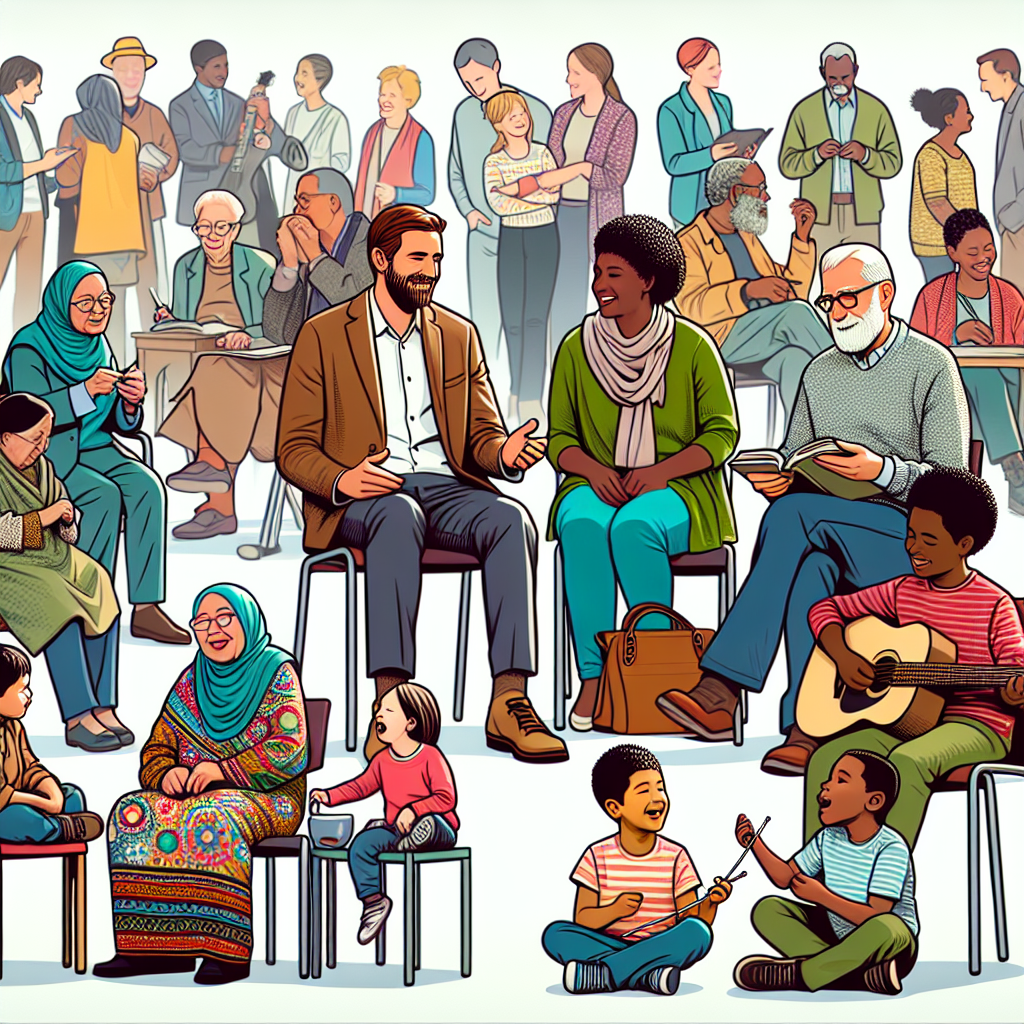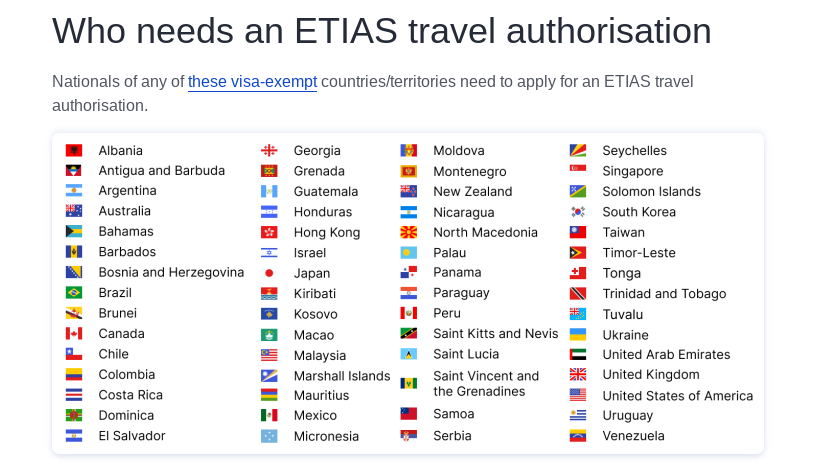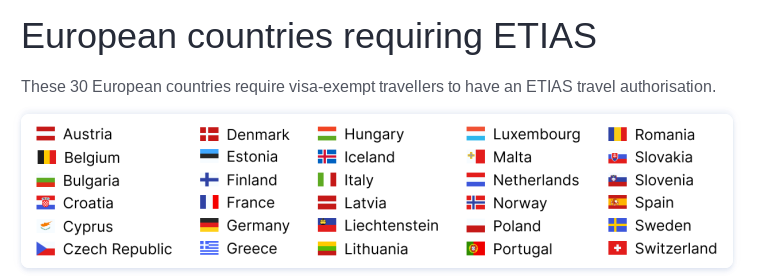Brazilian Ambassador to Ireland, Mr Macieira introduces his views on the current opportunities for business with the Country, the world’s 8th economy
After several years of underperformance, the Brazilian economy is taking off into a new and consistent growth cycle,and a range of factors can explain that performance. The first key factor to mention is the efficient macro-management of the national economic system, which simultaneously aims to achieve two goals: control inflation and consolidate a business environment that attracts investors.
Inflation is being kept under control through a combination of strategies employed by the Ministry of Economy and the independent Central Bank of Brazil. These include traditional tools such as adjusting interest rates, controlling public debt, monitoring exchange rates, building and preserving international reserves and maintaining fiscal discipline. Stability and equilibrium enable growth, and Brazil needs sustainable growth to secure its status as a fully developed country.
In its pursuit of growth, Brazil has adopted a re-created industrial policy, introducing a framework called “New Industry Brazil” (NIB). It aims at reactivating or boosting strategic sectors such as shipbuilding, the oil industry, machinery production, electro-electronics, fertilizers, high-tech hardware and software, among others. Results are already emerging in these sectors, thus contributing to GDP growth, job creation, and improved income distribution. Meanwhile, the vehicle assembly sector, which has played a vital role in Brazil’s economy since the post-WWII period, is regaining momentum and improving its output.
The financial structure supporting this industrial restructuring is led by BNDES (Brazilian Bank for Economic and Social Development), along with traditional credit institutions as “Caixa Econômica” and “Banco do Brasil”.
To ensure that growth shall not be hampered by structural or logistical bottlenecks, Brazil is executing an updated portfolio of investment in infrastructure through the new Growth Acceleration Program (PAC). That comprehensive initiative covers a vast range of sectors, with a particular focus onenergy generation and distribution as well as on transportationsystems and facilities (mainly roads, ports and railway networks).
Simultaneously, the Government acts on simplifying the Brazilian fiscal system, with the aim of eliminating red tape and easing corporate management in the Brazilian market. New specific legislation is gradually being implemented, ushering in a new era for Brazilian fiscal procedures. In the technological field, the Government is stimulating the development of applied research and innovation within the traditional education system, thus generating inputs for improved industrial performance and for fostering the creation of innovative start-ups.
While reigniting industrial activity, Brazilian planners also act to ensure fair operational conditions for the agricultural sector(particularly through the “Safra” and “Renovagro” sectoral plans). The Government remains fully aware of the ever-growing importance of the primary sector in the Brazilian economic scenario. Not only does it ensure food security through a stable food supply, but it also plays a critical role in exports, generating financial surplus and reserves.
In brief, that is the current state of Brazil’s economic renewal, which has led to GDP growth rates that exceeded expectations over the past two years. According to IBGE (Brazilian Institute for Geography and Statistics), the Brazilian economy grew 3.2% in 2023 and 3.4% in 2024. As a result, unemployment in Brazil hit a historic low in 2004, with just 6.6% of the workforce unemployed. These figures virtually indicate full-employment, which, in turn, has sparked a consumption boom in the country. The new wave of consumption generates a need for fresh investment to ensure that production can match the ever-growing demand for consumer goods. The ultimate result is the activation of a virtuous cycle of growth across the economy, though caution is still needed to cope with inflationary risks.
Maintaining fiscal balance, achieving growth and creating jobs… is this enough to measure government success in Brazil? Certainly not. Brazil still faces a crucial challenge in eradicating poverty and improving social welfare. This is a task that will require more than one generation to be completed and cannot be postponed. Accordingly, complex and determined actions are being undertaken to reform society from within – mostly through improved versions of social programs that have been implemented in the two first decadesof this century. The “Bolsa-família”, Brazil’s flagship income transfer program, is internationally recognised as an effective mechanism for boosting consumption while fostering social inclusion. It is complemented by a range of other public policies aimed at reducing poverty and malnutrition, as well as tackling deficits in housing, education, and public health.
Given that the continuation of these efforts depends on sustained economic growth, a critical question arises: How long can this new growth cycle last? Or, in other words: considering that growth achieved in the early part of the century was followed by a subsequent recession when external challenges hit Brazil’s economy, could a similar scenario unfold in the near future? The answer is a cautious “no”. Current trends suggest that the gains in productivity, output and consumption will persist in the long term, thus breaking the boom-and-bust cycle that has historically characterised Brazil’s economy.
A key reason for that optimism is the reinforcement of the Brazilian sector of energy production. Brazil has stabilised its oil production through investments in the seashore exploiting fields, and especially in the so-called “pre-salt” drills. Moreover, in the second decade of this century, Brazil added three new hydroelectric plants to its power generation capacity, one of which, “Belo Monte”, is the third-largest in the world. In addition, Brazil is emerging as a major player in green energy, with significant investments in wind and solar power. With such a powerful and diversified energy structure, the Brazilian economy became better prepared to sustain successive waves of consumption growth. That silent “energy revolution” has positioned Brazil for long-term steady growth. At the same time, the country can proceed with its social improvement programs without facing balance of payments pressures as it had been the case in the past.
In short, Brazil is in the midst of an economic and social transformation. It is no coincidence that its economy has once again joined the ranks of the world’s ten largest economies. This growth cycle, that is undertaken under robust sustainability and ecological respect patterns, is underpinned not only by an expanding energy supply but also by a surge in technological innovation and managerial improvements, driven by decades of investment in education and research.
That sustained economic performance is a magnet for foreign direct investment (FDI). According to OECD data for the first half of 2024, Brazil ranks as the second-largest recipient of FDI globally, behind the USA. It is unnecessary to stress the importance of this moment for any Irish company or investor already operating in Brazil or planning to invest in the Brazilian market.
Irish investors already have substantial experience operating in the 220-million-consumer Brazilian market. They are present across multiple sectors such as: logistics, biotechnology, dairy products, food processing inputs, packing materials, pharmaceutics, health equipment, and industrial implements. That steady and persistent presence of Irish investors in Brazil places them in a privileged position to locally identify new business opportunities.
Furthermore, Brazil’s vibrant and well-integrated community of professionals living in Ireland offers valuable insights and connections to the Brazilian market. These professionals have discovered Ireland as a land that stimulates economic creativity and professional skills. May their success in Ireland inspire more Irish investors and businesses to view Brazil as a country engaged in long-term development and as an ever-promising field for sustained and profitable business relations.
Ireland is already a trusted and prosperous business partner for Brazil. The time has come to upgrade that partnership to a new, bright profile of intensity and diversity.
by Flávio Helmold Macieira, Ambassador of Brazil to Ireland





